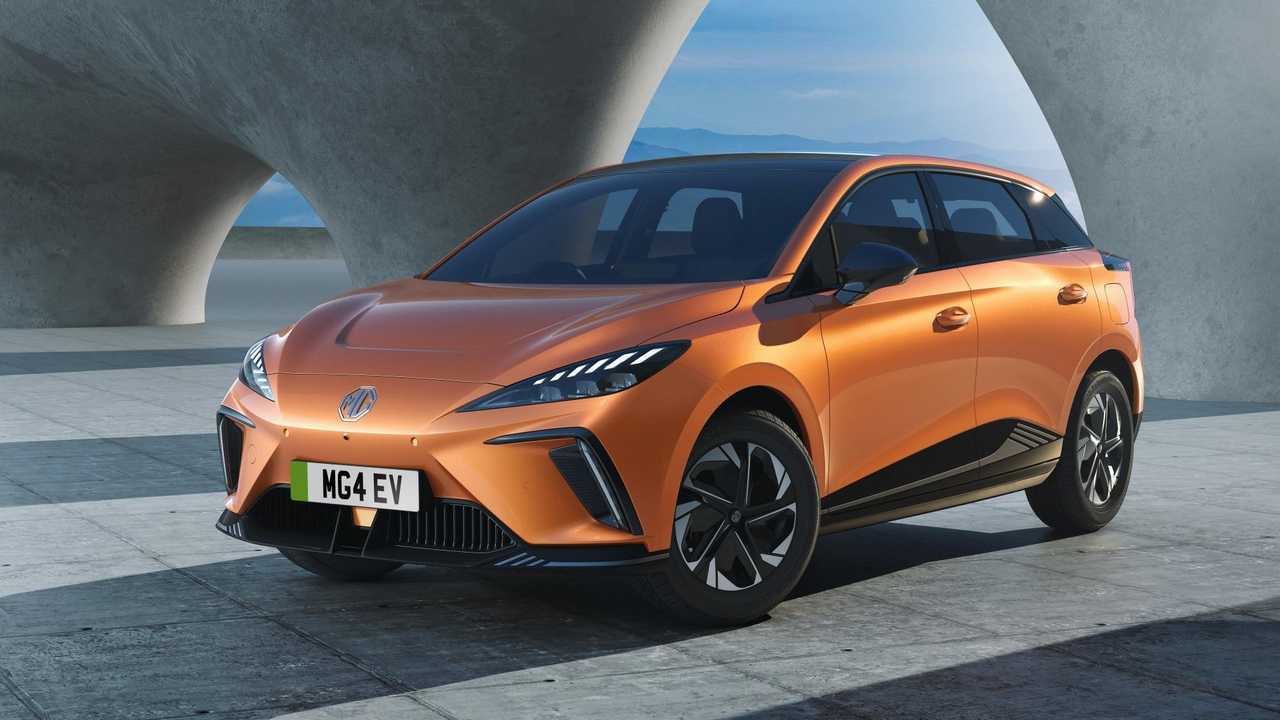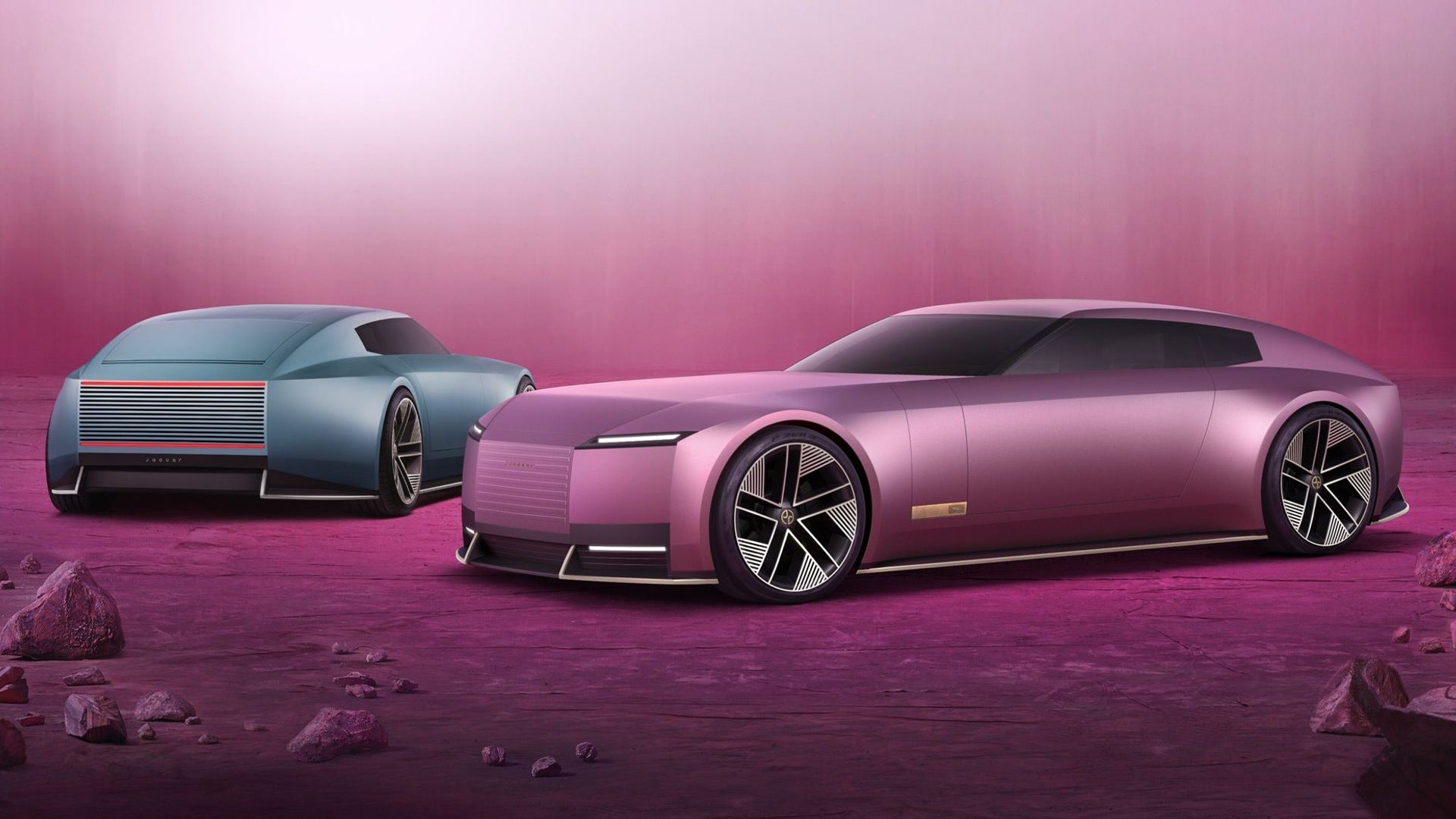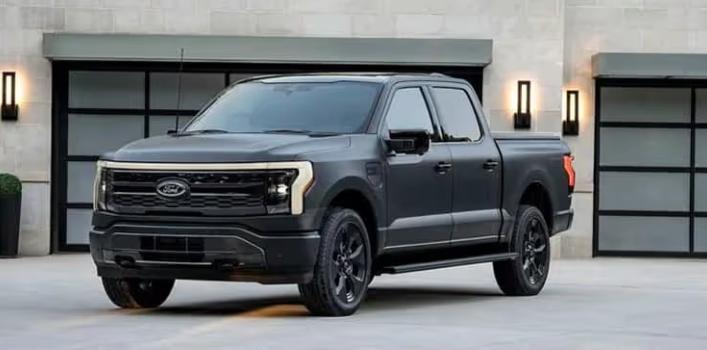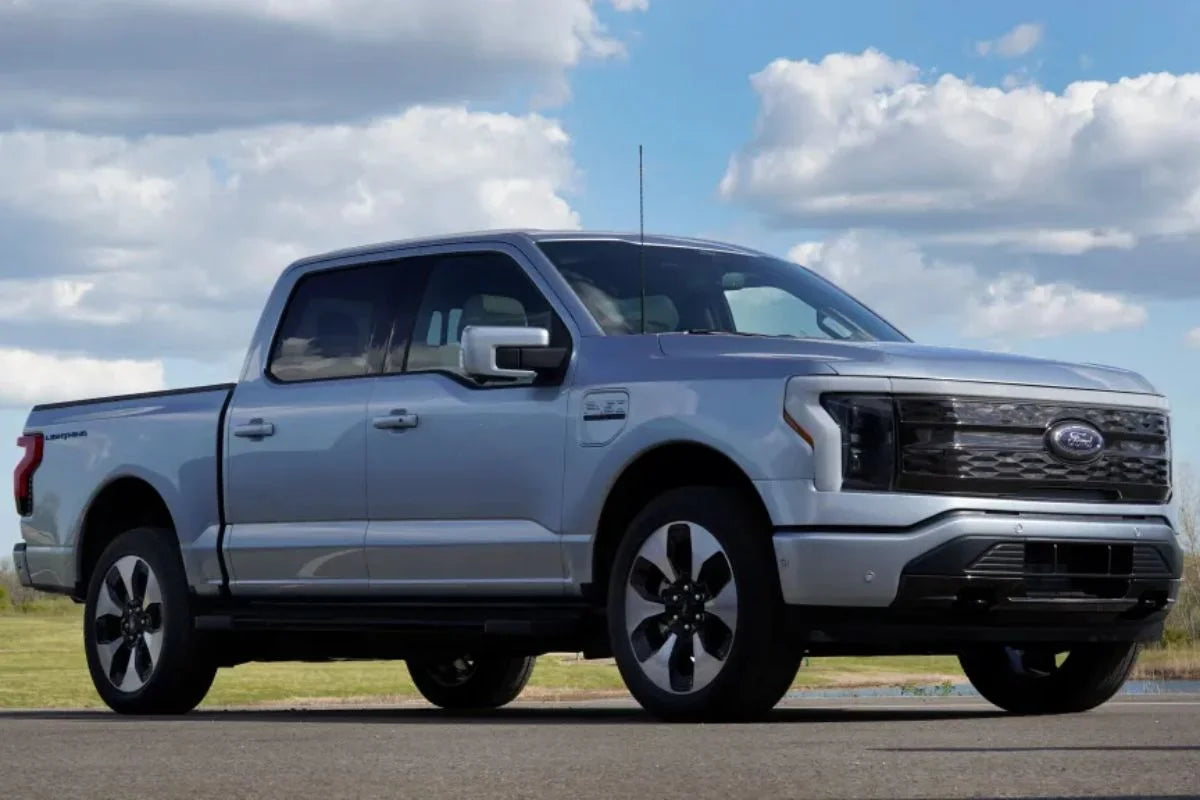Canada currently imposes a steep 100% tariff on electric vehicles imported from China, mirroring the United States. That has made it uneconomical for Chinese automakers to sell their cars north of the border. But things could change soon.

Tariffs Under Review
According to a report from CTV News, Canada is considering easing—or potentially scrapping—its tariff on Chinese EVs, which has been in place since October 2024.
Agriculture Minister Heath MacDonald told the outlet:
“The prime minister did say there is an EV review. We will see where that leads … the discussions are ongoing.”
The move comes as part of a broader trade standoff between Canada and China.
The Agriculture Connection
In retaliation for Canada’s tariff, China imposed its own 100% tariffs on Canadian canola meal, canola oil, and peas, while also raising duties on other key exports.
Canada exported around $3.6 billion CAD worth of canola and related products to China in 2024, along with soybeans, barley, peas, and meat. For Canadian farmers, access to China’s massive market is critical.
MacDonald underscored the stakes:
“We are in a fragile position, but we are here to support the farmer first and foremost, and if that decision has to be made, then that decision has to be made.”
If Canada drops its EV tariff, it could open the door for Chinese automakers while simultaneously helping farmers regain access to one of their most important overseas markets.
Canada’s Struggling EV Market
Easing tariffs wouldn’t just be about agriculture—it could also help Canada’s faltering EV sector.
While overall new vehicle registrations in Canada rose in Q2 2025, EV sales plummeted by 39.2% year-over-year, government data shows. Plug-in hybrid sales also slipped by 2.2%. EVs made up just 8.6% of new car sales, down sharply from 18.3% during the same period in 2024.
Incentives Drying Up
A key reason for the decline is the rollback of provincial EV incentives.
-
Quebec had planned to suspend its rebate program in February, which offered $4,000 CAD for EVs and $2,000 CAD for plug-in hybrids, but public backlash forced lawmakers to reconsider. The incentives will now shrink in 2026 and end completely in 2027.
-
British Columbia ended its provincial EV rebate program in May, leaving buyers with only the federal incentive of $5,000 CAD, available for EVs and PHEVs priced under $55,000 CAD.
The problem? Most EVs on the Canadian market cost well above that threshold. No Teslas qualify, nor do most premium EVs. Affordable electric models—those under $45,000 CAD—are extremely scarce.

Why Chinese EVs Matter
Chinese automakers specialize in feature-packed, lower-cost EVs, which could hit the Canadian market at just the right time if tariffs are lifted.
With EV affordability in crisis and incentives dwindling, an influx of competitively priced Chinese EVs could revive consumer demand and accelerate Canada’s push toward electrification.
Recommend Reading: Hyundai Questions Chinese EV Pricing Advantage Amid Subsidy Concerns








Share:
California EV Carpool Lane Decal Program Ends, With 2-Month Grace Period
Porsche’s Wireless EV Charger: Convenience at a High Price